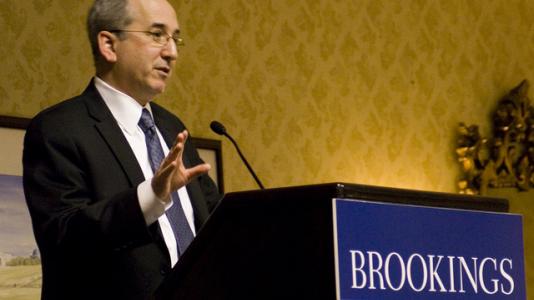
Excerpt: Keynote speech by Eric Isaacs
In 2006, the documentary film Who Killed the Electric Car? claimed to prove conclusively that the electric car had been effectively scuttled by an unholy cartel of carmakers, government bureaucrats, oil companies, and S.U.V.-loving consumers.
The award-winning documentary featured the mock funeral of an electric car, GM’s EV-1. The documentary’s hard-hitting reporting and acerbic style persuaded thousands of moviegoers that American industry would never allow an electric car to challenge the supremacy of the internal combustion engine.
Today, just a short five years later, GM’s Chevy Volt this year is being rolled out in cities across the country — and has been honored by Motor Trend as the 2011 Car of the Year — “A Car of the Future You Can Drive Today.”
Other carmakers are racing to get their electric cars on American roadways as well — Nissan Leaf, Ford and Mitsubishi. And consumers are responding so enthusiastically that the producers of the 2006 documentary have been forced to create a sequel: The Revenge of the Electric Car.
The development of practical, reliable electric cars has extraordinary implications for our global environment and for our nation’s energy security. A fully electrified U.S. transport system (cars and light trucks) would cut American oil consumption by a third — roughly 7.2 million barrels of oil a day — and reduce our well-to-wheels carbon footprint by 25 percent.
Equally importantly, the electric car — and the advanced battery that powers it — holds the promise of revitalizing America’s manufacturing sector and securing the United States’ position as global economic leader for decades to come.